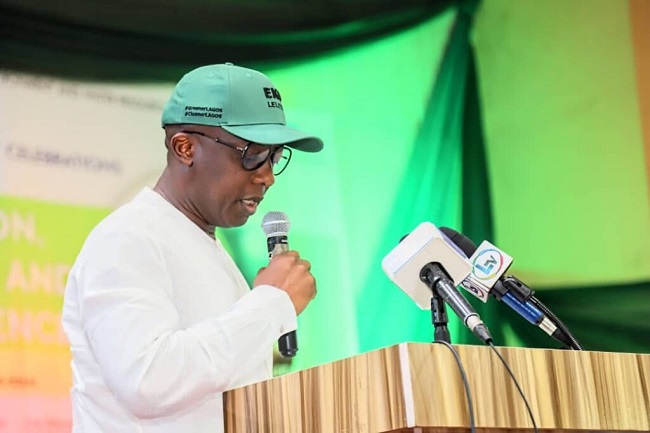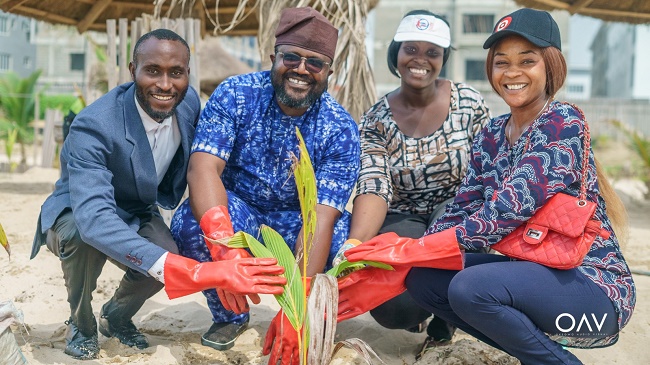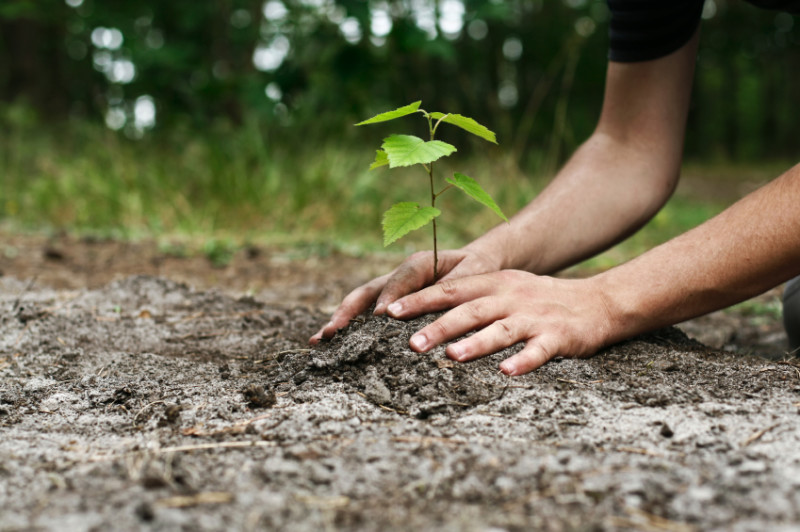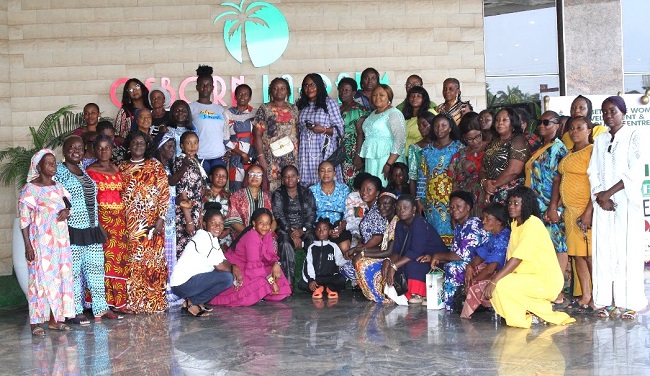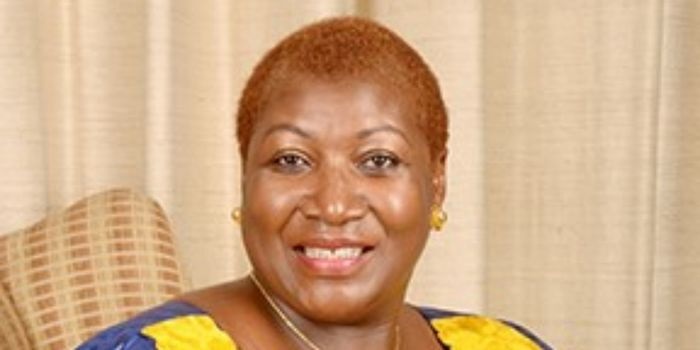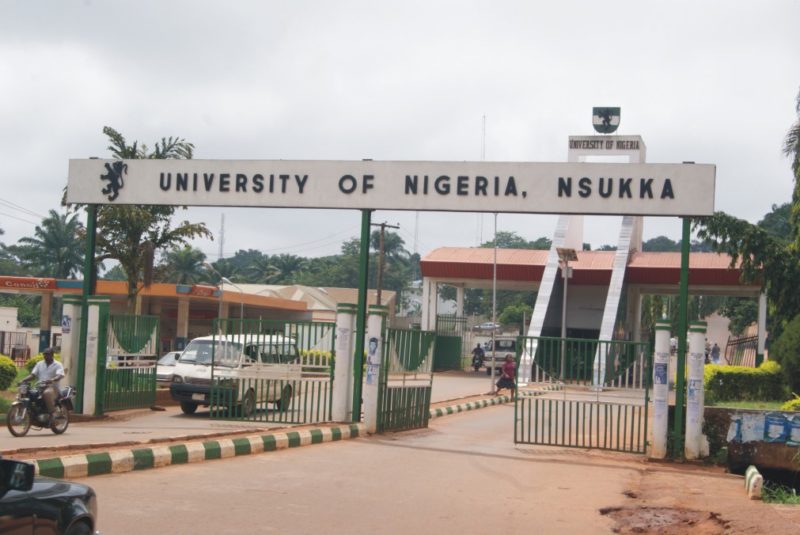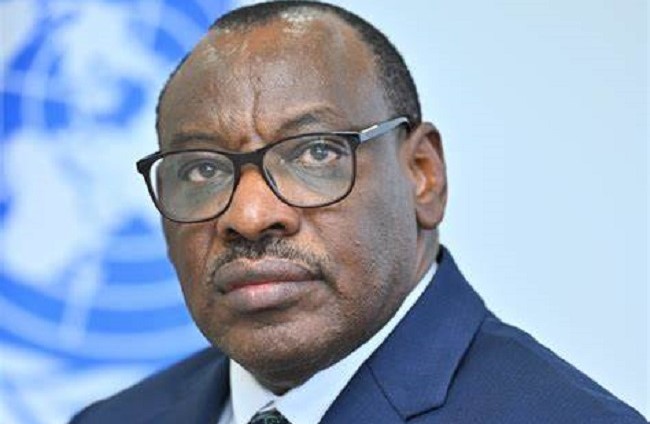The National Orientation Agency (NOA) has called on high risk flood prone communities in the Federal Capital Territory (FCT), to take precautionary measures to minimise or possibly prevent flood disasters.
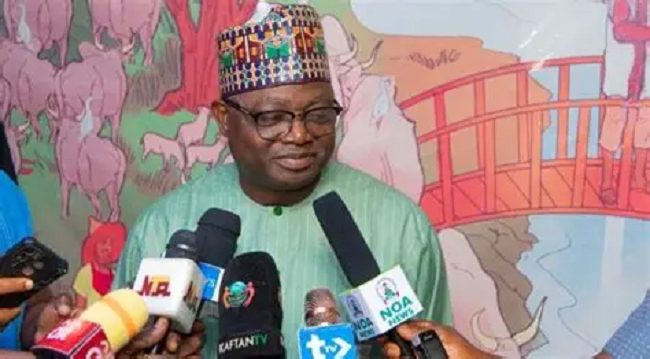
The Director-General of NOA, Malam Lanre Issa-Onilu, made the call on Thursday, July 17, 2025, at the Etsu Palace, Paikon-Kore community, Gwagwalada Area Council of FCT.
Issa-Onilu identified the high risk flood prone communities in the FCT to Include, Paikon, Gidan Maiaki, Kaida, Pai, and Pashi.
He said the one-day sensitisation programme titled “Flood Notification and Mitigation in Gwagwalada Area Council” was organised to checkmate flooding as predicted by the Nigerian Meteorological Agency (NiMet).
The DG, represented by the Director of Environment, Climate and Energy, Mr. Emeka Egbugara, said the event was part of NOA’s mandate of communicating government policies, programmes and activities to its citizens.
According to him, flooding is very scary and dangerous to experience, stressing that it does not discriminate or respect age.
Members of the communities were sensitised to early warning signs, promoting environmental stewardship and encouraging grassroots involvement in flood risk management.
“When there’s flooding on the road, it is advisable not to cross, even if your car is high, because the velocity of the water will flood your car. It is better to stay put, don’t cross.
“Please, when you get alert of flooding, move to a higher ground to help avoid being affected by the flood.”
Issa-Onilu recalled that, some months back, NiMet, Nigeria Hydrological Services Agency (NIHSA), and National Space Research and Development Agency (NASDA), all predicted unusual rainfall and flooding in 2025.
“The flooding forecast warned that 27 states, 147 Local Government Areas (LGAs), and thousands of communities are at high risk of flooding from July to September, and from October to November.
“The states to be affected include, Abia, Adamawa, Akwa-lbom, Anambra, Bauchi, Bayelsa, Benue, Borno, Cross-River, Delta, Ebonyi, Edo, FCT, Gombe, lmo, Jigawa, Kebbi, Kogi, Kwara, Lagos, Nasarawa, Niger, Ogun, Rivers, Taraba, Yobe, and Zamfara.
“The NOA as a pacesetter in sensitisation, mobilisation and information dissemination therefore is alerting the prone vulnerable states and communities to take precautionary measures to minimise or possibly prevent any flood disaster,” Issa-Onilu said.
Also speaking, the Director-General of NIHSA, Mr. Umar Mohammed, said Gwagwalada has been identified as one of the LGAs in the 2025 outlook that would experience flooding.
“This is due to a combination of factors, which include intense rainfall patterns, river systems, and rapid urban development.
“NIHSA is committed to ensuring that communities are not only aware of dangers associated with flooding but are also equipped with the knowledge and resources to effectively respond to the challenges.
“We recognise that effective flood management requires collaboration and partnership. Therefore, NIHSA is eager to work closely with the NOA and other stakeholders to enhance flood awareness at all levels,” Mohammed said.
Mohammed was represented at the event by a Deputy Director at NIHSA, Mr. Aliyu Muhammed.
Similarly, the Director-General of NiMet, Prof. Charles Anosike, said the agency foretell what the future weather and climate would look like by using sophisticated technologies and highly skilled manpower.
Anosike, represented by a Deputy Director, Mr. Alao Adesino, added that the agency used emerging communication strategy to reach all Nigerians with the forecast information.
“I am proud to also announce to you that the agency has not only been issuing warnings but have transited to forecasting what the weather will do.
“This is done to promote early action by various governments, stakeholders, and citizens,” he said
Mr. Kunle Awojemila, Deputy Director in charge of Erosion, Flood Coastal Zone Management in the Ministry of Environment, appreciated NOA for the sensitisation campaign.
The Etsu Dugo of Paikon-Kore, Mr. Barwa Yusuf, expressed delight over the notification and sensitisation by NOA.
Yusuf said the community annually experienced drowning, destruction of houses and property by flood water.
“Now that the Federal Government has remembered us and come down to talk to us; we will listen and adhere to whatever they are telling us.
“The community members and all the neighbouring villages will be careful and avoid carrying out activities that will cause flood in the area,” Yusuf said.
The event was attended by all the district ward heads and members of the community.
By Collins Yakubu-Hammer

